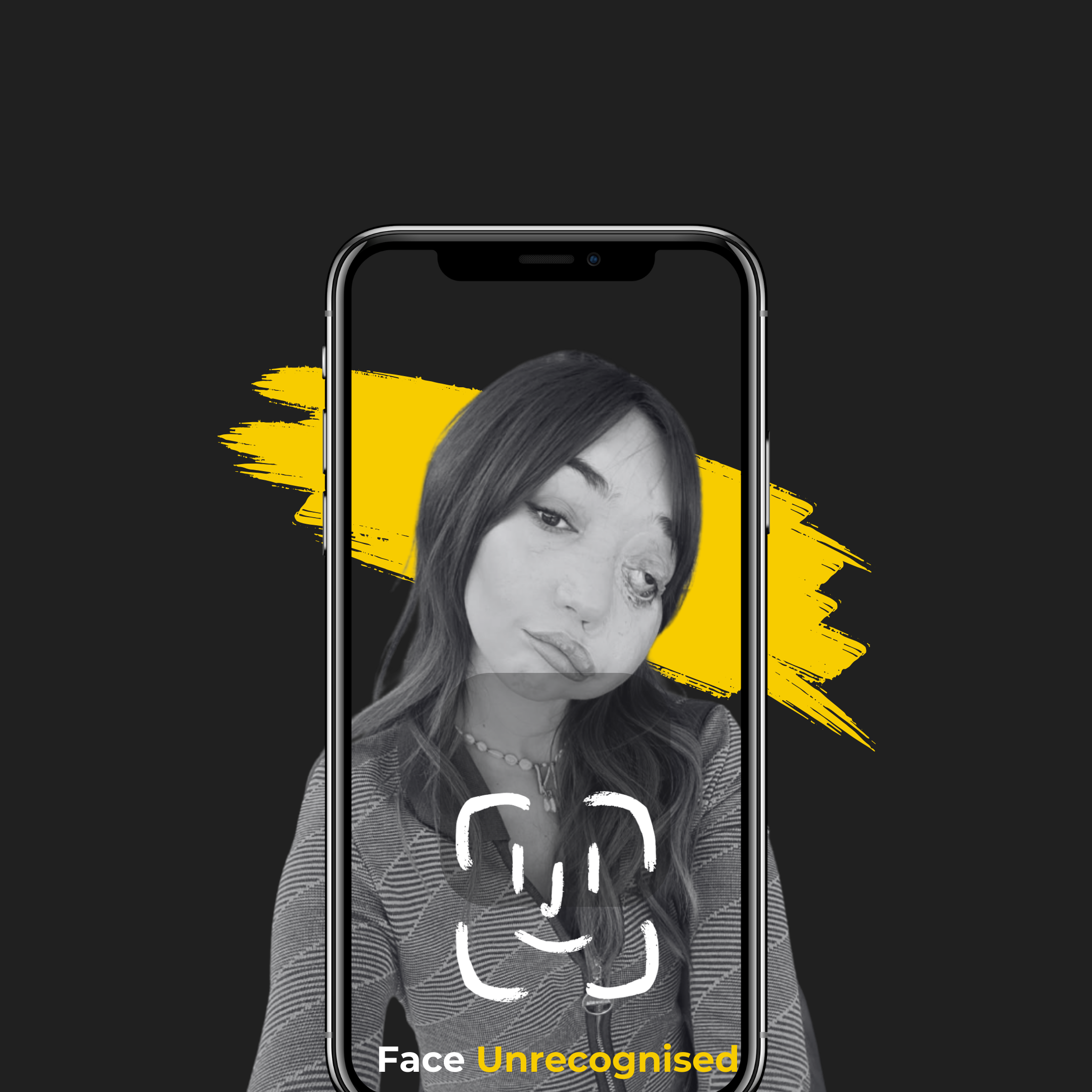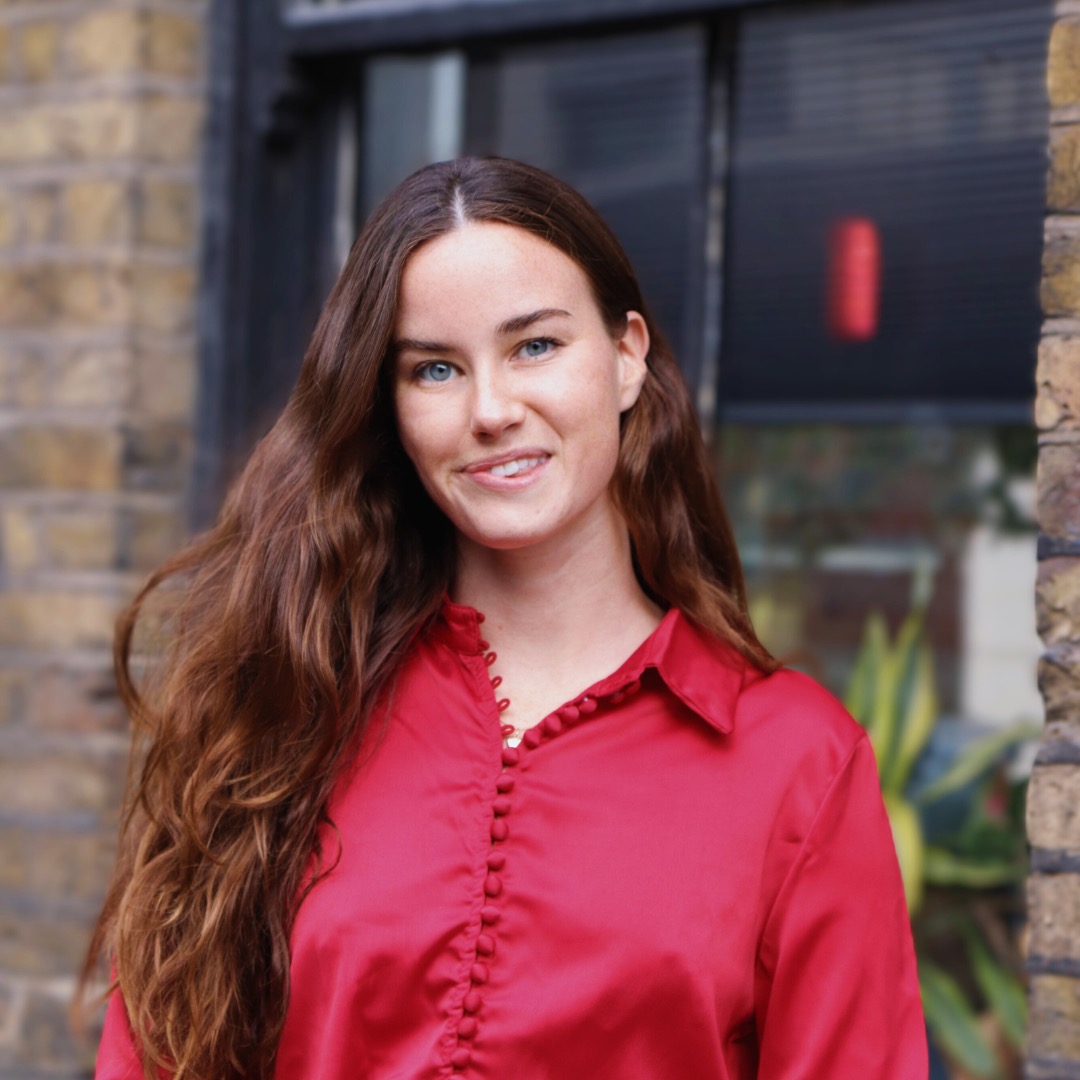Carly Findlay’s Speech – Bodies on Screen
Face Equality International Ambassador Carly Findlay recently attended the Being Seen on Screen conference hosted by ACMI. Carly’s was invited to speak at the event as part of a panel called Bodies On Screen.
Carly Speech:
“I’m a writer, speaker, appearance activist and arts worker. I am a woman of colour, am disabled, and I have a facial difference. I’ve done a little TV – You Can’t Ask That, The Project and The Cook Up have been some favourites, and I have certainly written a lot about representation on screen. The first time I saw someone with ichthyosis on screen was on a show called Medical Incredible, when I was about 17. I’ve also seen Ichthyosis featured in Embarrassing Bodies and in other articles with disrespecting headlines. I sought to change that through working in the media.
I often say, Disability is often the forgotten aspect of diversity. Its rare disability is remembered or accommodated.
The way disabled people are shown on screen – often as the villain or having a tragic life – shapes how people see us. I strongly believe this is why children have been scared of me. And so we need disabled people – not just on screen but in writers rooms, overseeing auditions, behind the camera and on awards panels.
I am an ambassador for Face Equality International – an alliance of NGOs, charities and support groups which are working at national, regional or international levels to promote the campaign for ‘face equality’.
Face Equality International has recently released a position paper, calling for better representation on screen.
“In the wake of the 2023 awards season which was almost entirely devoid of positive, accurate, authentic representation of people with disfigurements and visible differences, we’re calling upon the entertainment industry to prevent further marginalization of the visible and facial difference community.
Right now, there are several new productions in the making or awaiting release that we know will rest upon outdated, harmful tropes around disfigurement. From Star Trek: Strange New Worlds to The Hunchback of Notre Dame. If the industry hears our call now, we can prevent future generations of children from being indoctrinated by stories that tell them to fear or look down upon people with visible differences.”
Last year I wrote a feature on Australian actor Kiruna Stamell, for The Saturday Paper. I want to share some of this article with you. I also want to mention that this section contains a disability slur that Kiruna referenced in her interview, Kiruna made her acting start in Moulin Rouge in 1998, is a regular presenter on PlaySchool, and recently featured on The Serpent Queen on Stan. Kiruna is disabled, and in short, has moved to the UK to work as an actor because she encountered barriers within the Australian screen industry.
While at school, a careers advisor gave her valuable advice. “She advised me to make my own work, to tell my own stories, encouraging me to film little projects and audition tapes and send them to progressive directors overseas by email. And that was exactly what I ended up ended up doing.”, Kiruna told me.
Kiruna Stamell auditioned for a leading Australian drama school but was was told “there was no point training dwarf ”. “What could I have learnt from them,” she asks, “if they didn’t see me as castable?” While Stamell says it was limiting, this rejection pointed her in better directions.
Kiruna is now starring in Doctors, a soap on the BBC. She’s playing a mother and is thrilled her character has a backstory that’s beyond disability. She thought that turning 40 would limit her – because of ageism as well as ableism – but has discovered that it has been affirming. She says the new role is brilliant as she is working business hours and has weekends off.
Disabled people are often asked to do additional work when on screen – disabled people are the often the ones doing the work in making things accessible and inclusive. It can be exhausting and unpaid. Casting directors often contact me to ask if I can spread the word about their project, and they have done no community or trust building to connect with disabled people. And often, we are only given a few minutes on current affairs programs, usually only to talk about disability. But imagine the things we could cover if we were given a regular cohosting opportunity.
But if we are anything less than grateful to be given an opportunity, even if we ask for our access needs to be met, we are seen as difficult.
Disabled people are very good allies to other marginalised groups. But I’m not seeing the same level of Allyship extended to us by those same groups.
I’m not seeing a commitment to access. I’m not seeing accessible social media and an attempt to stop using ableist words. I’m not seeing a commitment to boycotting a film or theatre production if there’s an ableist trope – for example a character with a facial difference who is a villain in it – like we see with casting of a cisgendered actor playing a transgender character; or if there’s cultural appropriation like “black face”.
I’m still seeing ableist language and tropes on screen.
I’m still seeing non disabled people playing disabled characters, particularly in the before their were disabled scenes. The excuse is, they can’t get a disabled person to play a non disabled person. Look, I don’t know too much about animation – but if they can CGI a bear that speaks, dances and wears clothes, they can CGI a disabled person for the whole film.
I have hope. There are some great stories of inclusion and representation on screen:
Nas Campanella and Elizabeth Wright are ABC’s disability affairs reporters, Beth Bradfield who stars in Malory Towers, Chloe Hayden on Heartbreak High,Selma Blair who has been open about her MS diagnosis, Jillian Mercado on The L Word, Lauren Spencer on The Secret Life of College Girls, Liz Carr on brilliant British programs including Silent Witness, Sami Haney from Raising Dion Hannah Diviney who was the first Australian disabled actor to play a character who has sex on screen in Late Comers on SBS (which was written by Emma Myers and Angus Thompson, two disabled creatives) , Kate Mulvaney who has recently been on The Twelve, Fiona Tuomy who the CEO of The Other Film Festival and is on the Gender Matters taskforce, Meret Hassenan who is a producer on ABC programs, Marlee Marlin who is a Deaf actor, starring in Seinfeld and Switched at Birth; and we regularly see Jamila Rizvi, Grace Tame and Elly Desmarchelier on news programs, and Amy Marks, a young filmmaker who is sitting on stage now. There are so many more! And I was recently on four episodes of The Cook Up – doing what I love, cooking.
There are many passionate people in this room today. I implore you to ensure you to make space for and genuinely include and represent disabled people. We have a right to be seen on screen.
I want to end with the catchphrase of today’s event – “If you can see it, you can be it.”
To read more about the event click here.
Read more of our blogs here.
Tags: advocacy, disability, disfigurement in the media, Face Equality, facial difference, film, media representation Posted by


